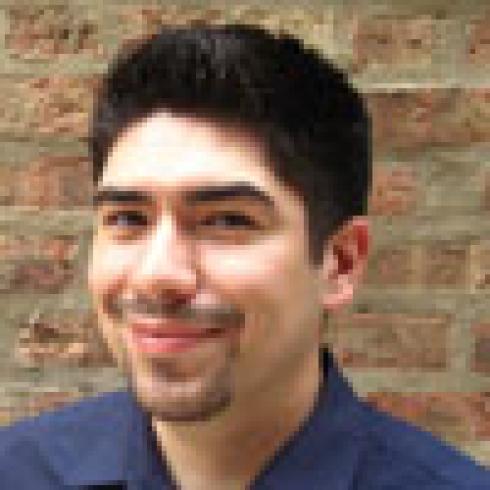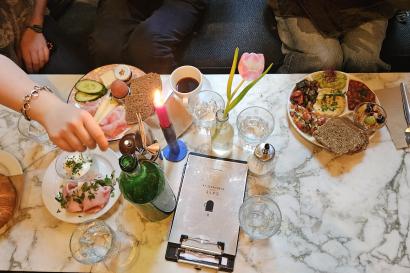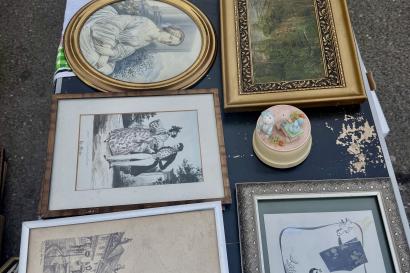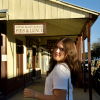As a queer Latino studying abroad, I was able to catch a glimpse of the LGBTQ community in Costa Rica. Though the Catholic religion has had a major influence, there are other factors that have complicated the progress of the LGBTQ movement in Costa Rica. First, on a global scale, the LGBTQ movement has been a recent social phenomenon. Second, many of the political movements that have occurred in Latin America have targeted dictatorship governments as well as political corruption. In addition, these movements have focused on education, healthcare, and indigenous and workers’ rights.
In Costa Rica, same-sex relations became legal in the year 1971. By the year 1987, four gay and lesbian organizations were formed. According to the book, The Politics of Sexuality in Latin America, Las Entendidas was one of the first lesbian organizations in Costa Rica. One of the main goals of the group was to establish a lesbian, feminist organization in the city of San José. The group created monthly “women’s night” at a gay bar in San José where they would speak about sexuality, feminism, self-esteem, and alcoholism. In addition, they hosted cultural events that involved theatrical acts and poetry. Unfortunately, the group never reached full recognition and disintegrated.
Currently, Besos Diverso, Movimiento Diversidad Costa Rica, and Del Rojo Al Púrpura are three of the most well-known LGBTQ organizations in Costa Rica. An important figure to note is Carmen Muñoz who became the first openly lesbian to be elected in office. She is also an activist for the LGBTQ community of Costa Rica. Many of the gay clubs in Costa Rica are located in San José. La Avispa and Bochinche are two of the most popular gay clubs. There is also a gay club in San Pedro called Venue.
Though I did not experience much negativity toward my sexuality, many of the social interactions I had with men assumed that I was hetero. Many of them would tell me how lucky I was to be surrounded with girls. The truth is, I have been very lucky because I have been surrounded by such caring, intelligent, and supportive human beings. I am very thankful to IES for providing me with the best Costarricense family who has accepted me for who I am. I am also very thankful for all the resources that were provided to me. For any LGBTQ identified student who wants to study abroad, here are three tips:
Seek out available resources in your university and study abroad program.
If you are concerned about your identity make it explicit to your study abroad advisor or anyone who can help you out.
Research the LGBTQ community in the country you are visiting.
The photographs I have posted for this blog are from a photography exhibition the group and I visited during our second week in Costa Rica. The exhibition was called Cuerpo Ajeno and focused on the lives of trans* identified individuals in Costa Rica.














